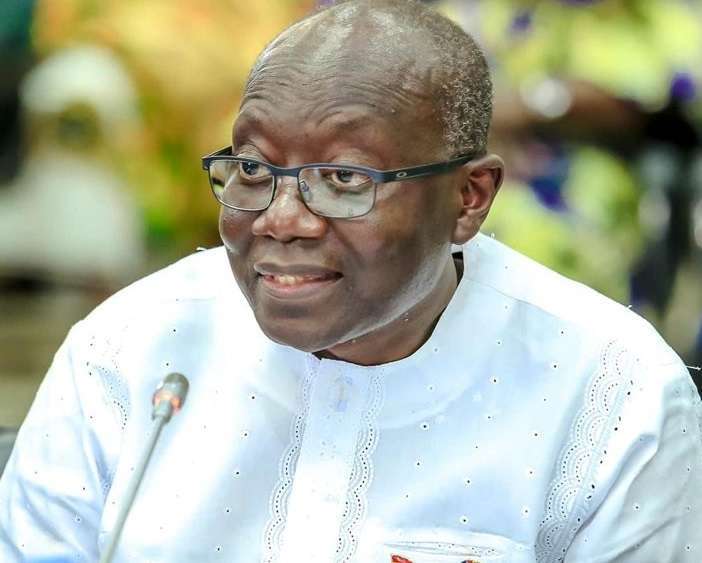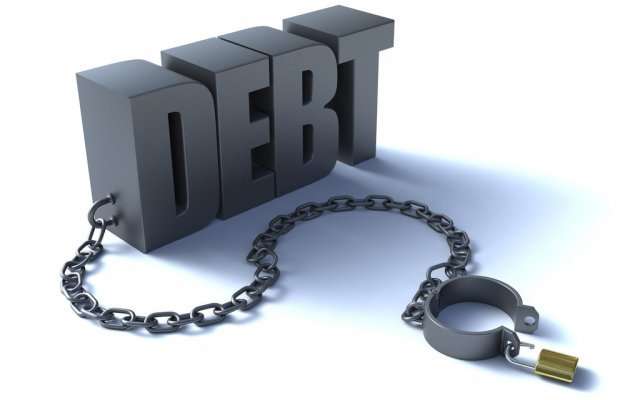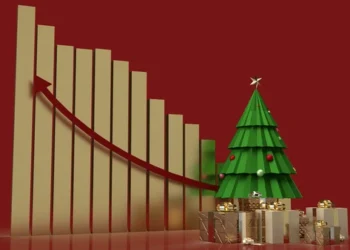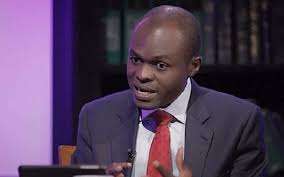The Finance Minister, Ken Ofori Atta expressed optimism about Ghana’s successful implementation of the Domestic Debt Exchange Programme (DDEP), setting the tone, in his own words, “building the momentum” for Ghana’s External Debt Restructuring Programme (EDRP). The question is whether this will drive the nation back to economic stability.
Already, the government encountered several hurdles trying to engage the various stakeholders in its DDEP to participate. What then shows it is going to receive the maximum cooperation it requires of its creditors, especially with a high debt record – which affects its credibility, to cooperate in the EDRP?
The EDRP has already kick started with government officially making request of its bilateral creditors for a Debt Treatment initiative under the G-20 Common Framework.
According to Ken Ofori-Atta, negotiations have already begun with commercial creditors, leading to the formation of the Creditor Committee to assess Ghana’s request for debt treatment under the Common Framework.
Ken Ofori Atta asserted that for the country to bounce back and attain its growth target, a fair proportion of the two (both DDEP and ERDP) is needed.
“A combination of all of that (both DDEP and ERDP) leads us to the target so that’s what we are talking about; 55% debt to GDP and 18% debt service to revenue.”
Ofori-Atta

Meanwhile the global credit agencies’ continuous downgrade of the country further to junk status, can become a limitation to Ghana’s deal with the Paris Club.
The most recent from Fitch downgrading Ghana’s Long-Term Local Currency (LC) Issuer Default Rating (IDR) from ‘C’ to Restricted Default (RD) – following the completion of government’s DDEP, sends out a wrong signal.
“In Fitch’s view, this debt exchange constitutes a distressed debt exchange under the agency’s criteria…”
Fitch Rating
What Ghana Needs Is An Instant Remedy
The EDRP has attracted lots of criticisms from economic and financial analysts, with some totally condemning it – they believe the G20 Framework that Ghana has signed up to is a ‘Journey to the West’ – a very long journey, which they are even doubtful the country will be successful at if embarked on.
According to the records, Zambia, Chad and Ethiopia have also signed unto this Framework, however only Chad has been successful to arrive at a deal, although not granted debt relief.
Zambia – Africa’s first COVID-19 pandemic-era sovereign default – requested common framework treatment in February 2021 but the committee was only formed last May, when creditors agreed that China and France would be co-chairs. A first meeting of the group was held in June 2022, with still no resolution reached.
Chad as well became the first country to ask for a debt overhaul under the common framework in January 2021, with a deal reached only in November 2022 but without a debt relief.
Ethiopia also made efforts to negotiate its debt with bilateral creditors under the G20 platform however, have been delayed due to the civil war there, and the country is now engaging with the IMF on a formal programme amid a peace deal.
The International Monetary Fund in confirming Ghana’s signing up under the G20 Framework reveals it is a great initiative taken towards debt recovery, however indicated that what these countries need was short maturities and looking at Ghana’s current state, this is just what the country needs.
“…Countries seeking debt restructuring under the Framework will need greater certainty on processes and standards, as well as shorter and more predictable timelines.”
Georgieva

This may be the solution for Ghana if its deal under the G20 Framework turns out successful, although circumstances currently show that this might really be for the country, ‘A Journey to the West’.





















